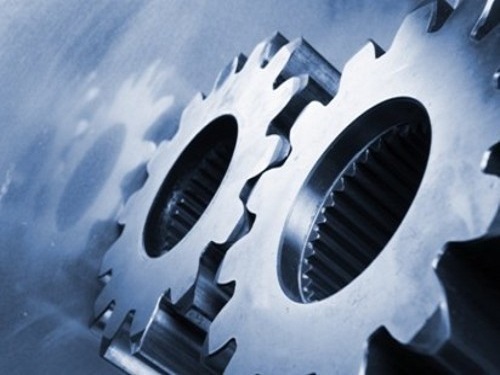- 1
- 2
NEWS INFORMATIONProduct Search 
|
News Details
Home>
News Details
Nowadays, Chinese talents can not support the transformation of manufacturing industry
Category: Company News
Date: 2015-07-18
Click: 4406
Author:
Collection:
Original Link: displaynews.html?id=3352393629057856
Since the Chinese government put forward the strategic plan of Made-in-China 2025, the transformation of manufacturing industry and intelligent
Since the Chinese government put forward the strategic plan of Made-in-China 2025, the transformation of manufacturing industry and intelligent manufacturing have become the current hot words. Yin Yaobo, vice chairman of Delta, a giant power and heat management solution manufacturer, told Netease Finance and Economics today that the biggest obstacle to this transformation is talent. Advanced enterprises are more and more willing to cooperate with universities and other institutions to establish laboratories and train the talents they need. Made-in-China 2025 proposes that China strives to transform itself from a manufacturing power to a manufacturing power by 2025. Many researchers believe that it is very difficult to achieve this transformation on the basis of China's current industrial base. Miao Wei, Minister of Industry and Information Technology, had previously told the media that Made-in-China 2025 was the same as Germany's 4.0-year-old industry, but Germany is currently in the 3.0-year-old stage of industry as a whole, and most of China's industrial enterprises still need to take 2.0-3.0 courses. At present, the talent in China's industrial field is far from enough to support the transformation and upgrading of China's manufacturing industry. He told Netease Finance and Economics that from a technical point of view, it can meet the demand. "Information communication is very developed. The technology owned by advanced enterprises in the world, such as Germany and Japan, can be enjoyed by China through global interconnection. The biggest obstacle is talent. China does not have enough suitable talents to apply these technologies." It is becoming more and more common for enterprises to cooperate with institutions of higher learning and set up research rooms. Siemens, Panasonic, ABB and other international advanced enterprises have a large number of cases of setting up research laboratories in Universities in China. Taida is also seeking more opportunities to cooperate with universities. According to Zhou Zhihong of Taida Enterprise Information Department, the company has set up 27 laboratories with universities since 2009, with more than 6,000 undergraduates and postgraduates each year. Taida is a Taiwanese company providing power management and heat dissipation management solutions. It was founded in 1971. Last year, its turnover was $75.23, with a compound growth rate of 32.6%. There are mainly three business sectors: power supply and components, energy management and intelligent green life. The proportion of the three business sectors is 60%, 23% and 17%. Previous: No information found
Say something
Submit
Latest comment
|









